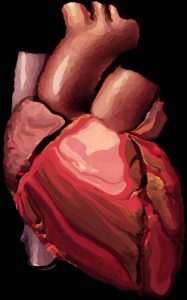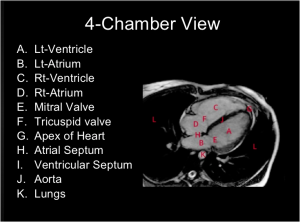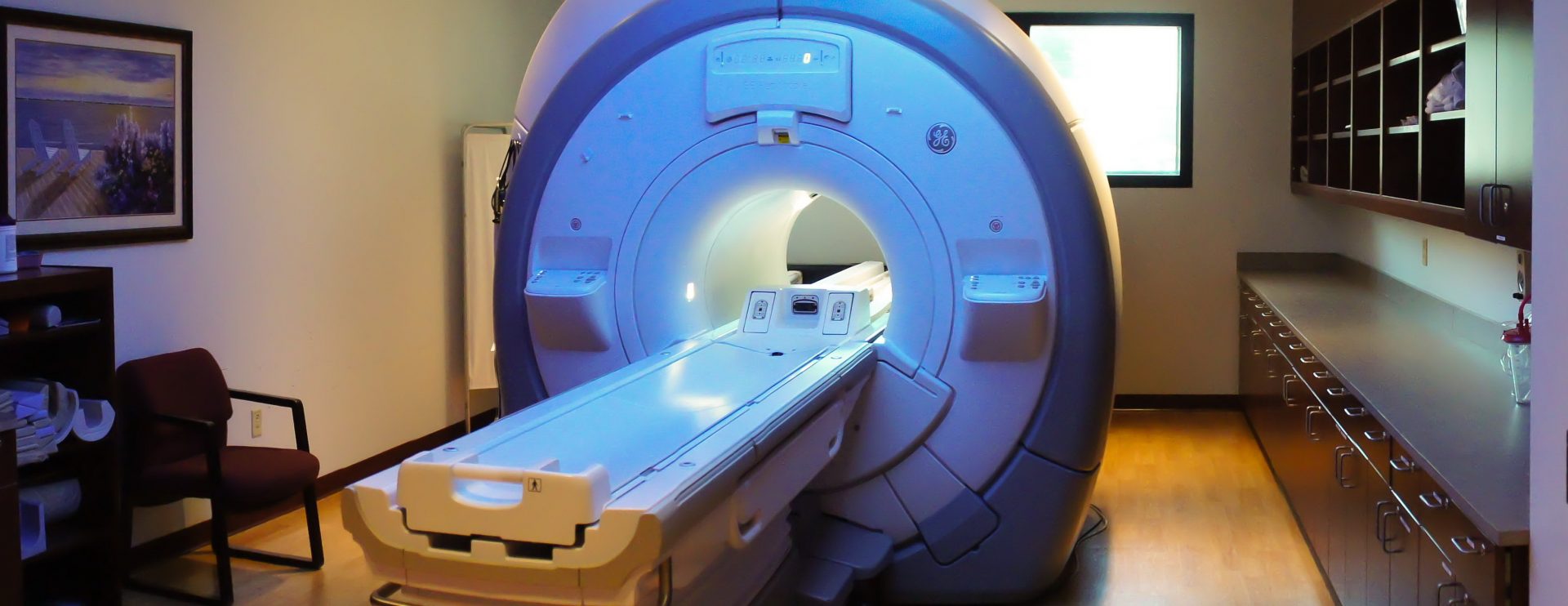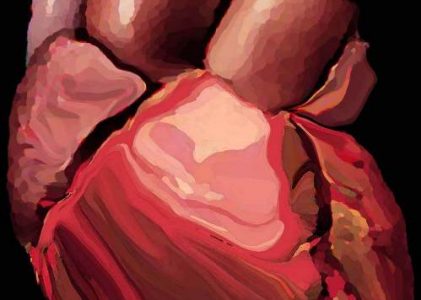 February is American Heart Health Month and a good time to learn more about heart disease, heart attack, risk factors and how to keep your heart healthy. Heart disease is the leading cause of death for both women and men in the United States with one in every four deaths caused by heart disease.
February is American Heart Health Month and a good time to learn more about heart disease, heart attack, risk factors and how to keep your heart healthy. Heart disease is the leading cause of death for both women and men in the United States with one in every four deaths caused by heart disease.
Heart disease is also called coronary artery disease (CAD) or coronary heart disease (CHD), which means the coronary arteries that deliver blood to the heart are either blocked or narrowed. This can be caused when fatty material, also called plaque, and cholesterol build up in the arteries.
Plaque may be caused by:
- Too much cholesterol and fat in the blood
- Smoking
- High blood pressure
- Diabetes or having too much sugar in the blood
Symptoms of Heart Attack
When an artery is blocked by plaque it makes it hard for blood to flow to the heart which may cause chest pain or a heart attack. A heart attack is also called a myocardial infarction and requires quick medical attention or a part of the heart may die from lack of blood flow. Everyone should be aware of the signs of a heart attack which include:
- Shortness of breath or trouble breathing either while being active or while resting
- Feeling of pain, discomfort, pressure, squeezing or fullness in the center or left side of the chest
- Pain or discomfort in the upper body such as arms, back, shoulders, neck jaw or upper stomach area above the belly button
- Feeling light headed, dizzy or unusually tired
- Feeling nauseous or vomiting
- Feelings of heartburn or stomach ache
- Breaking out in a cold sweat
Not everyone who experiences a heart attack will have all of these signs. Learn more about the signs and symptoms of a heart attack or stroke from the American Heart Association. Do not ignore any changes in how you feel, signs of heart attack may come on suddenly or develop slowly over hours, days or weeks.
Be sure to tell your doctor if you experience any unusual symptoms such as tiredness lasting for several days, trouble breathing or chest pain. If you had previously had a heart attack, it is important to be aware that a second heart attack may occur with very different signs and symptoms.
Preventing Heart Disease
 Even though heart disease is the leading cause of death for men and women in the United States, there are many things we can do to help lower the risk of developing heart disease and improve our heart health. Some things within our control to protect our hearts and prevent disease include:
Even though heart disease is the leading cause of death for men and women in the United States, there are many things we can do to help lower the risk of developing heart disease and improve our heart health. Some things within our control to protect our hearts and prevent disease include:
- Getting active
- Eating healthy
- Maintaining a healthy weight
- Quitting smoking
- Controlling cholesterol and blood pressure
- Drinking alcohol only in moderation
- Managing stress
These are all things that are within our control to help take care of our hearts and prevent heart disease from developing. While everyone is considered at risk for heart disease, people are at a higher risk if they do not get enough activity, do not eat healthy, are overweight or smoke. Family history and age also play a role in your risk for heart disease. People who are at a higher risk include:
- Women over the age of 55
- Men over the age of 45
- People with a father or brother who had heart disease before age 55
- People with a mother or sister who had heart disease before age 65
Congenital Heart Defects
Congenital heart defects are abnormalities in the structure of the heart that are present at birth. Congenital heart defects can involve the arteries and veins near the heart, the walls of the heart or heart valves. About 40,000 children in the United States are born with a congenital heart defect each year, which means at least eight in every 1,000 infants born will have a heart defect.
While the causes of most congenital heart defects are not completely known, physicians and scientists are making progress with research.
Cardiac MRI
Magnetic Resonance Imaging (MRI) is useful in diagnosing congenital heart defects and to evaluate the anatomy of the heart in patients with heart disease. Since MRI does not use ionizing radiation to produce images, it allows for a safe and non-invasive method of evaluating heart structure and function.
Greater Waterbury Imaging Center will soon be offering Cardiac MRI to provide our patients with the best level of medical imaging services possible. Learn more about Cardiac MRI and the many benefits it provides. Contact us with any questions on cardiac MRI and for all your MR imaging needs.


